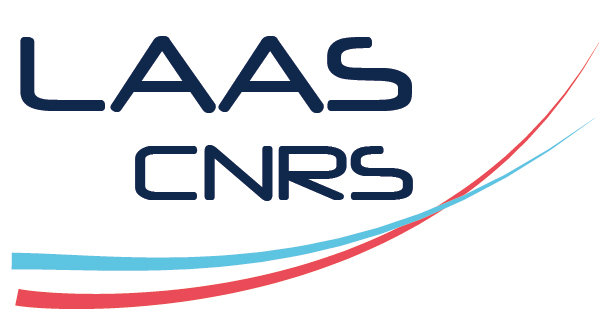Analyzing and Comparing Deep Learning models on a ARM 32 bits microcontroller for pre-impact fall detection
Résumé
Automated pre-impact fall detection in real-time using raw data acquired from wearable sensors, such as tri-axial accelerometers, remains an open research problem in the context of elderly care. This paper presents a comparative study of nine neural network models, including Dense, CNN, LSTM, GRU, BiLSTM, BiGRU, CNN Dense, CNN LSTM, and CNN GRU, for predicting an occurring fall before impact with the ground using accelerometer data. The models were optimized using Keras Tuner with the TensorFlow backend, a dominant deep learning software framework. Machine learning classifiers suitable for execution on microcontrollers were built and evaluated based on performance metrics such as accuracy, sensitivity, specificity, storage size, inference time, and energy consumption. The results highlight that the CNN DENSE algorithm provides the best detection accuracy (94.70%) with a lead time of 176.91 ms. Sensitivity and specificity reach 95.33% and 94.18%. The energy consumption and inference time are 6.72 mA and 12.88 ms, respectively. In conclusion, deep learning demonstrates increased classification accuracy and a simplified software architecture, but it comes at the cost of decreased energy efficiency and inference speed. These factors are crucial considerations in developing on-demand fall injury prevention wearable systems.
| Origine | Fichiers produits par l'(les) auteur(s) |
|---|

